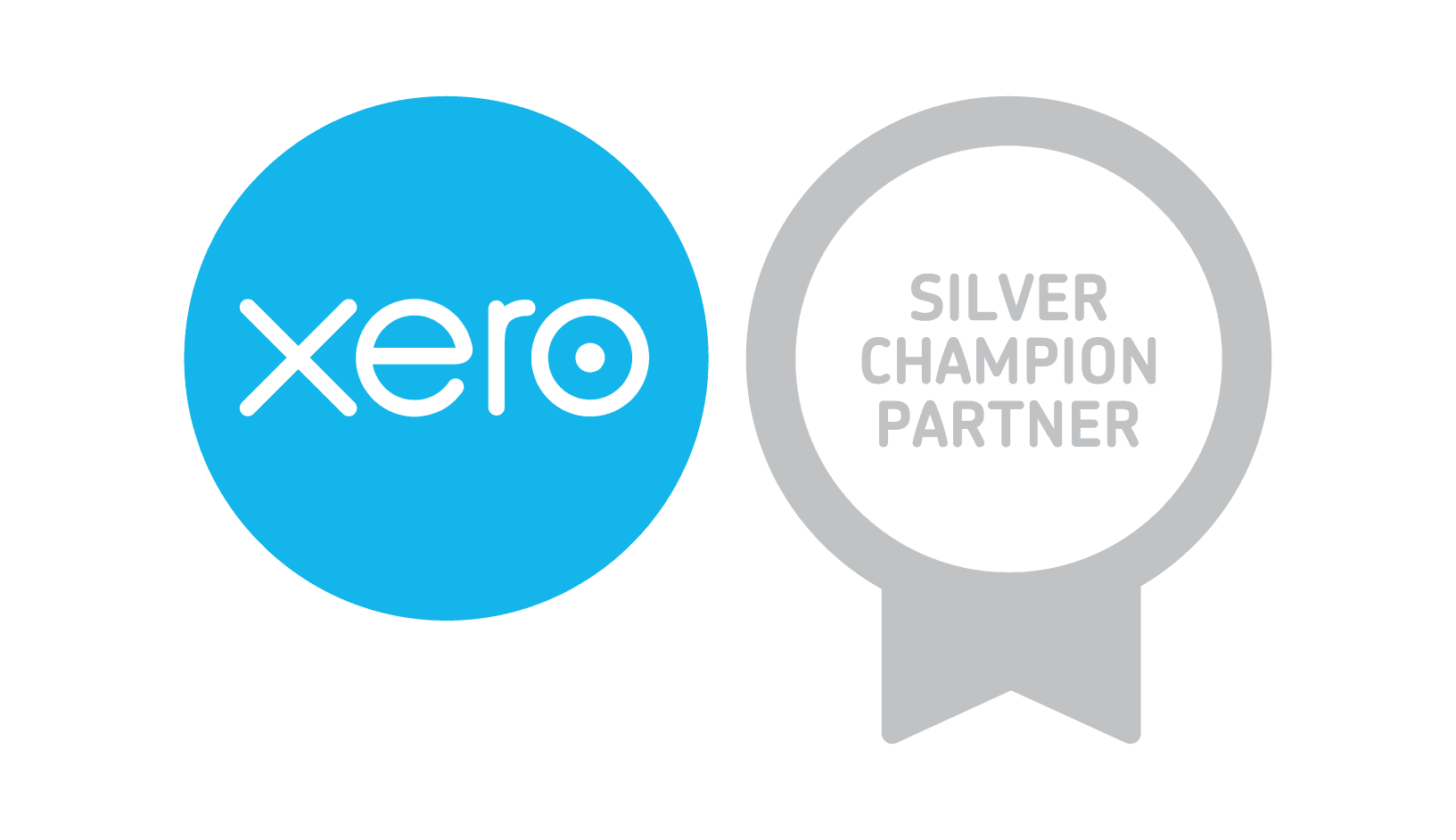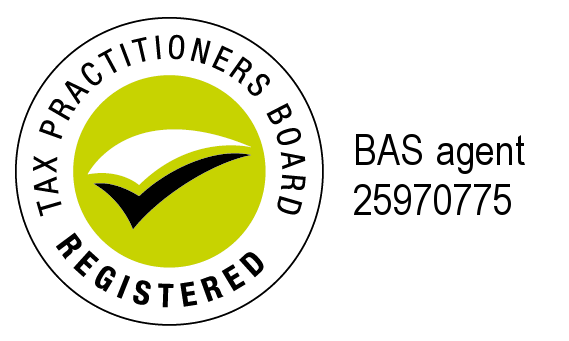20 Bookkeeping Tips
AITC • November 22, 2018
- Keep Your Records Organised
- Keep Your Personal Finances Separate
- Use Cloud Accounting Software
- Create a Simple but Functional Chart of Accounts
- Go Digital with Your Payroll
- Segregate Duties for Each Part of the Cash Conversion Cycle
- Regularly Reconcile Your Bank Statements
- Keep Track of Your Financial Data on a Monthly Basis
- Perform a Self-Audit
- Document & Deduct Expenses That Are for Personal/Business Use.
- Detailed Inventory Records are Important.
- Take Control of Your Accounts Receivable
- Plan for Major Expenses Including Taxes.
- Don’t Wait Until Year End to Talk to Your Accountant
- Take Advantage of Small Business Tax Credits & Deductions.
- Leave an Audit Trail.
- Petty Cash Receipts are Important.
- Use the Appropriate Accounting Method.
- Avoid Paying Business Expenses in Cash.
- Find yourself a great Bookkeeper.







